Bathtub Refinishing Benefits
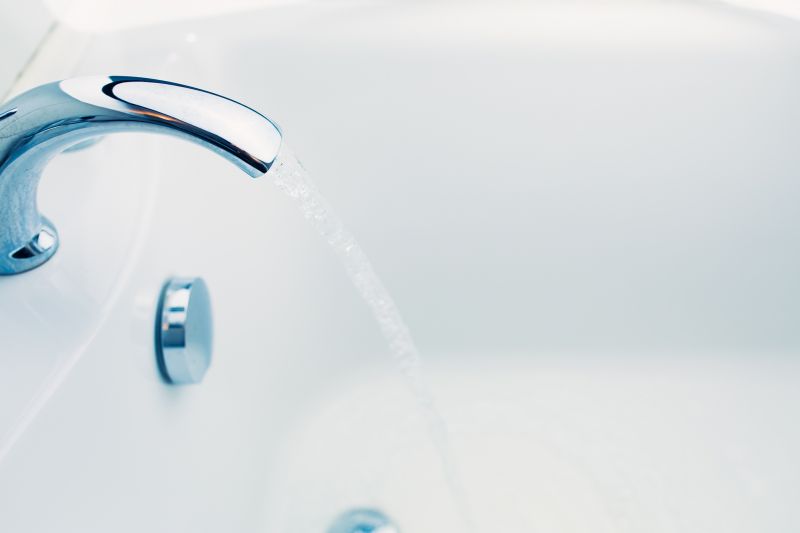
Spring offers moderate temperatures and low humidity, ideal for proper curing of refinished surfaces.
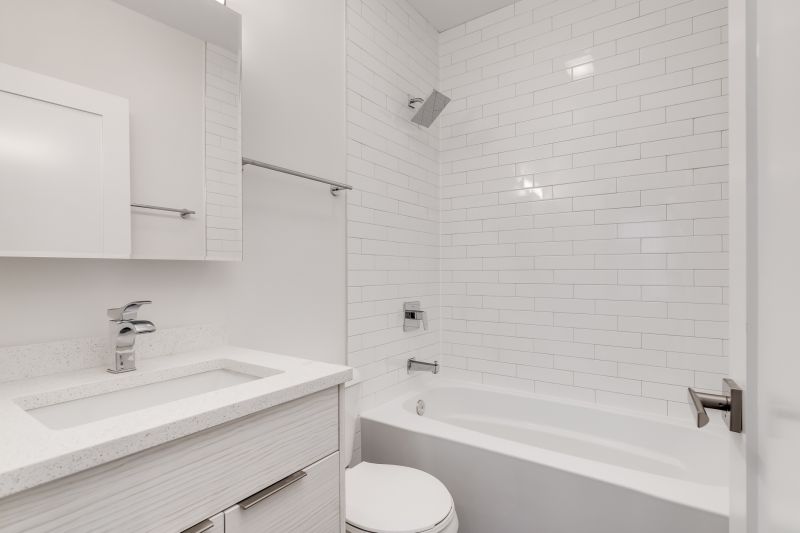
Ways to make Bathtub Refinishings work in tight or awkward layouts.
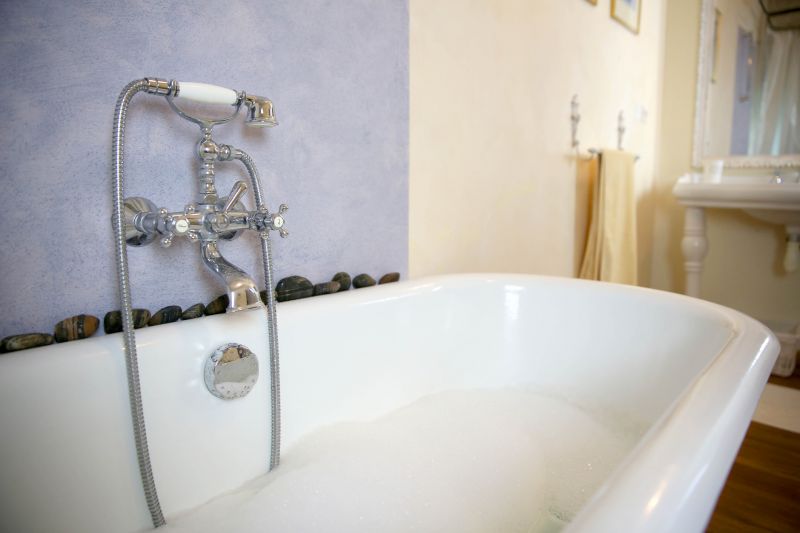
Fall's cooler temperatures and lower humidity levels can enhance the quality of refinishing results.
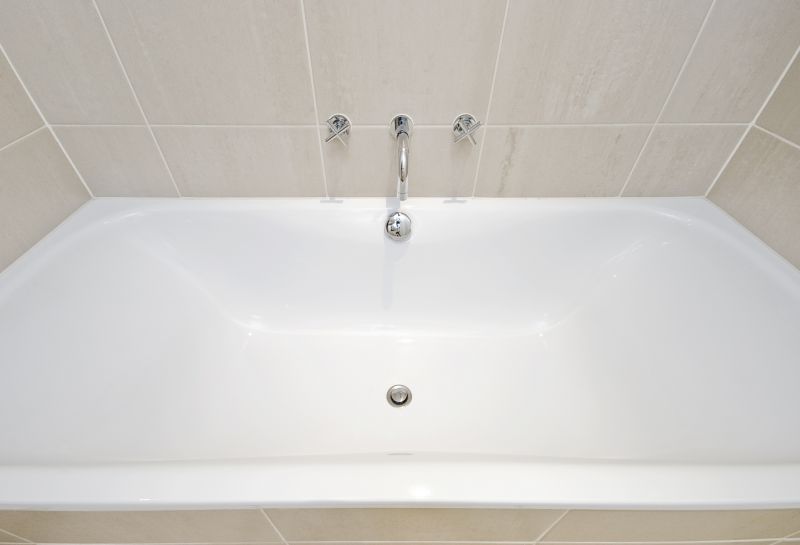
Popular materials for Bathtub Refinishings and why they hold up over time.
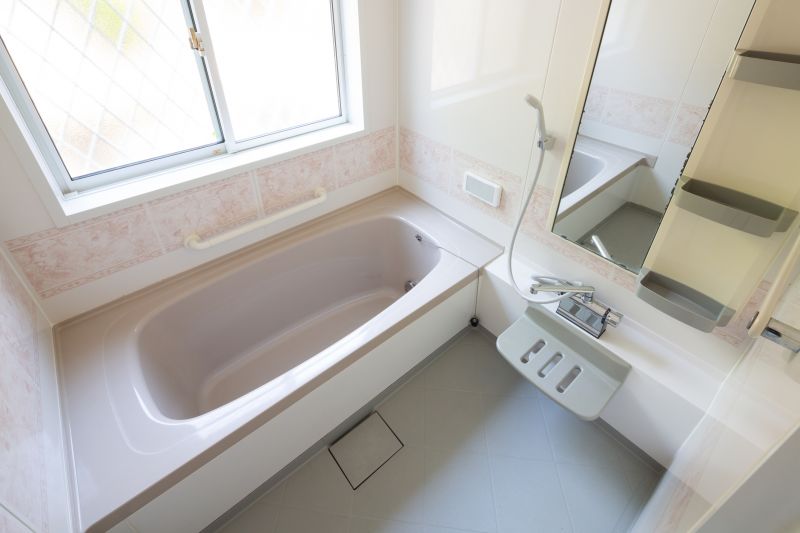
Simple add-ons that improve Bathtub Refinishings without blowing the budget.
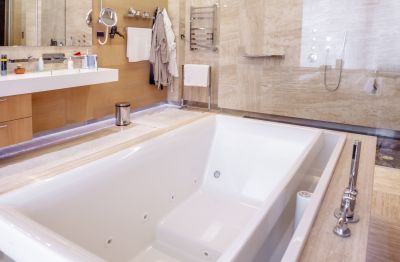
High-end options that actually feel worth it for Bathtub Refinishings.
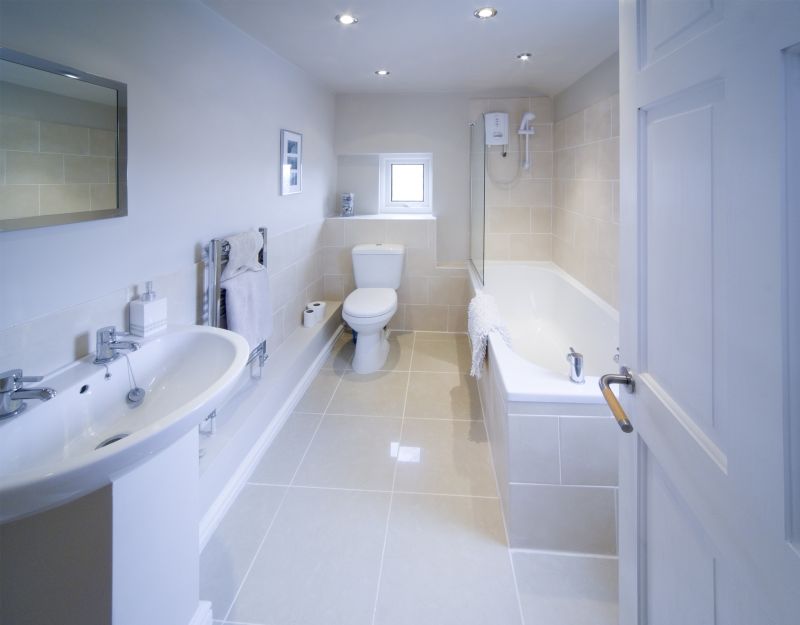
Finishes and colors that play nicely with Bathtub Refinishings.
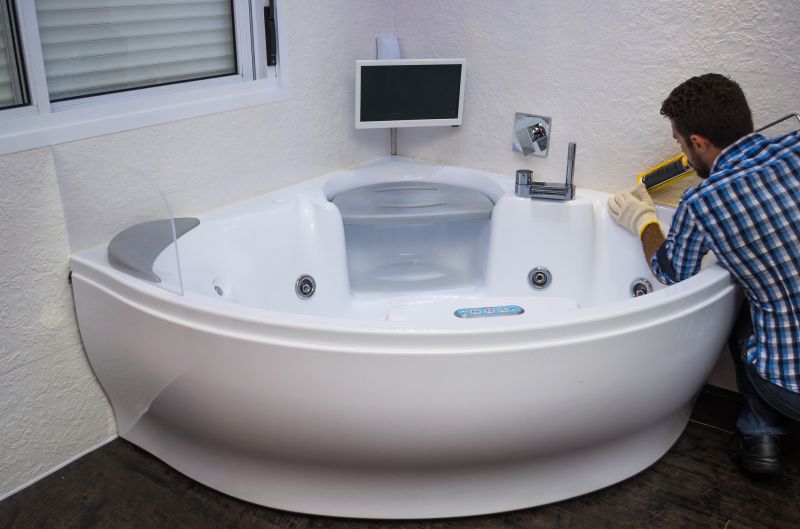
Little measurements that prevent headaches on Bathtub Refinishings day.
Bathtub refinishing is a process that restores the appearance of a worn or damaged bathtub by applying a new coating over the existing surface. This procedure can significantly extend the lifespan of a bathtub and improve its aesthetic appeal without the need for full replacement. The refinishing process typically involves cleaning, repairing any surface damage, and applying a durable, high-quality coating. It is a cost-effective alternative to replacing a bathtub, often saving homeowners substantial expenses and time.
Statistics indicate that bathtub refinishing can be completed in a single day and can last for 10 to 15 years with proper maintenance. The process is popular among homeowners seeking to update their bathrooms quickly and efficiently. Proper timing of refinishing projects can influence the durability and finish quality, making seasonal considerations important for optimal results.
Refinishing requires stable temperatures and low humidity to ensure proper adhesion and curing.
Spring and fall are often preferred due to moderate weather, while summer can be advantageous for faster drying.
Timing refinishing during suitable weather conditions can extend the lifespan of the new surface.
Planning refinishing projects during optimal seasons can reduce delays caused by weather-related issues.
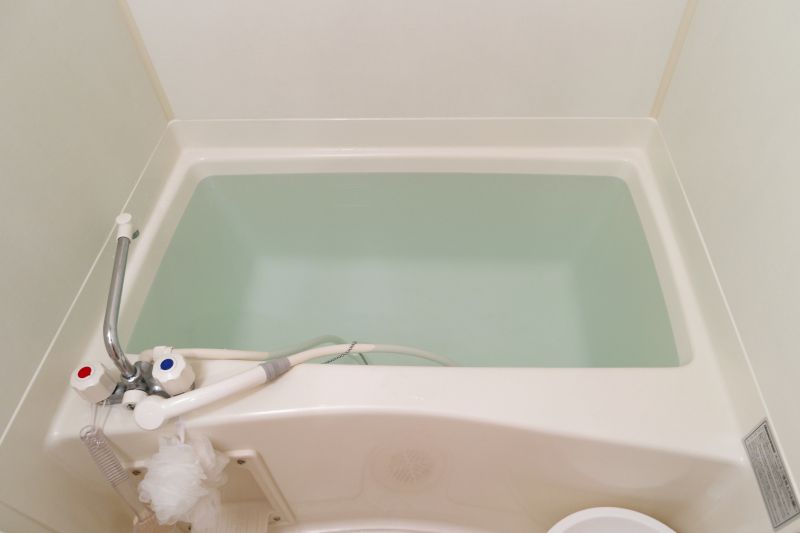
A technician preparing a bathtub for refinishing.
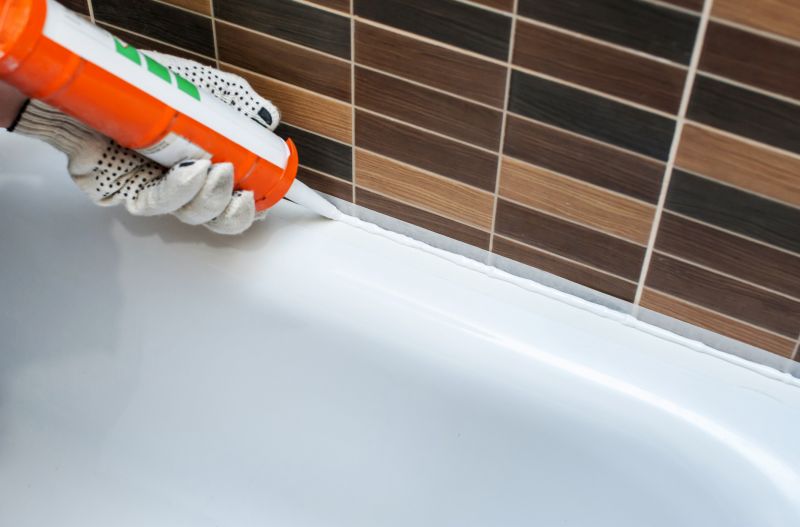
Close-up of a technician applying the refinishing coating.
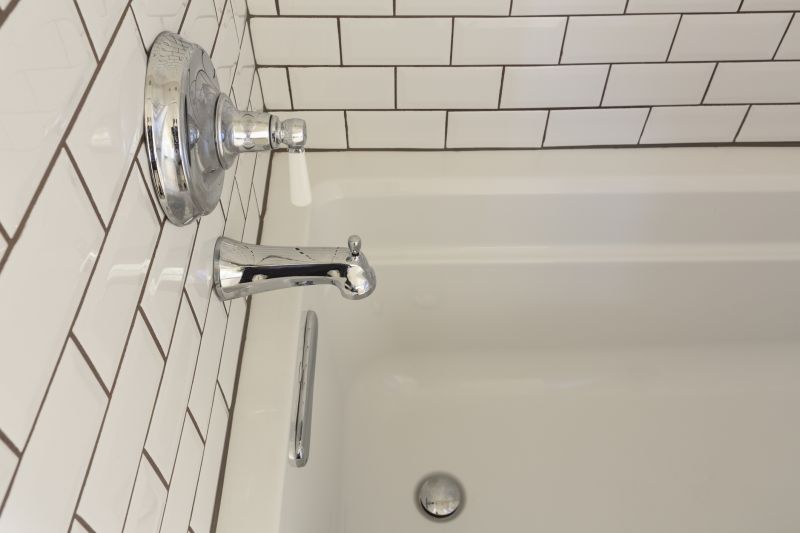
A completed bathtub with a smooth, glossy finish.
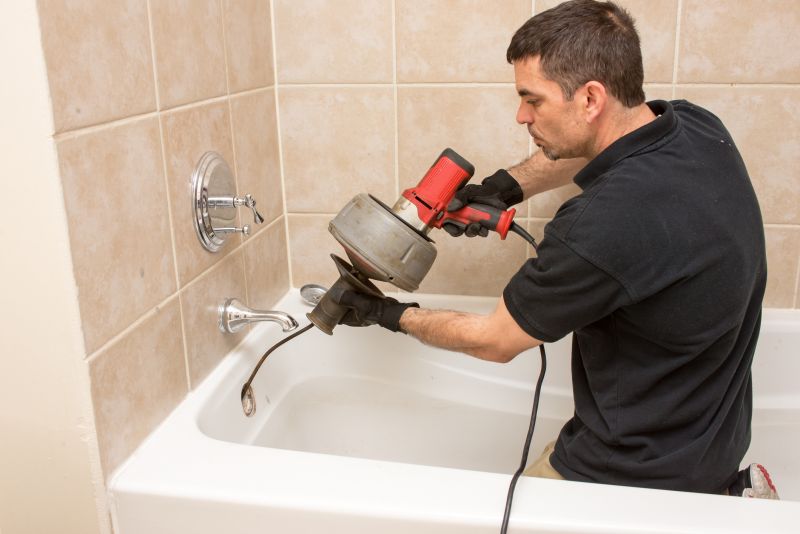
Tools used in the bathtub refinishing process.
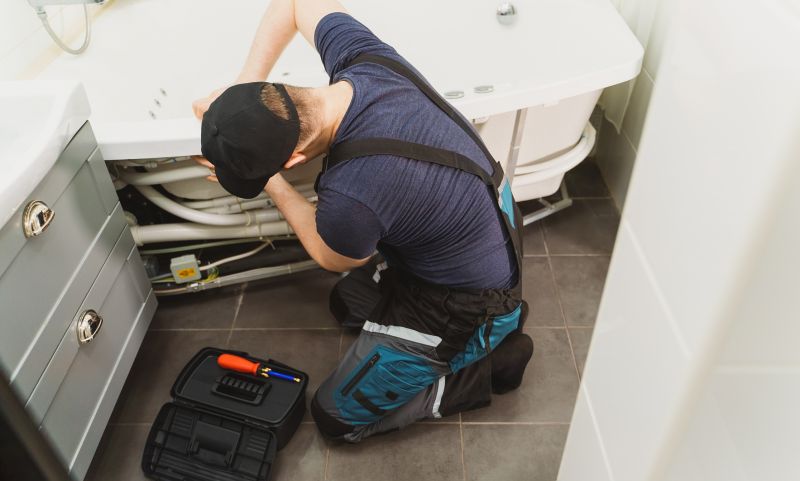
Cleaning and repairing the bathtub surface before refinishing.
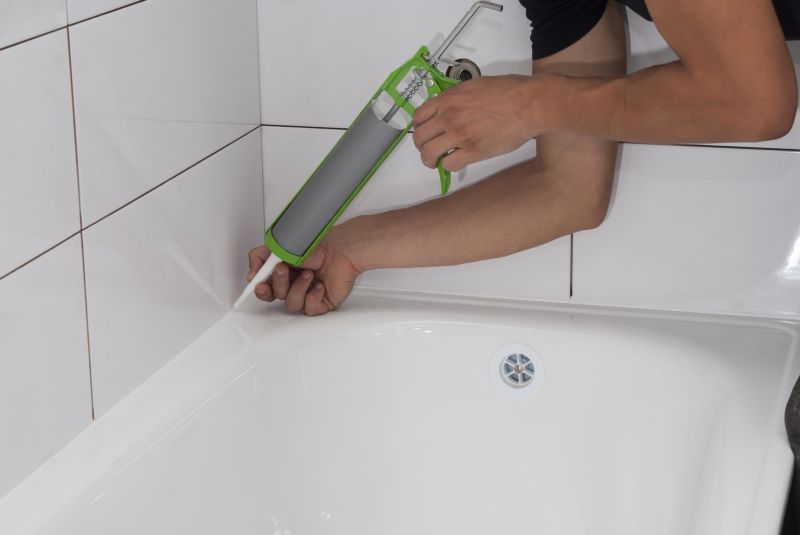
Bathtub curing after the application of the new coating.
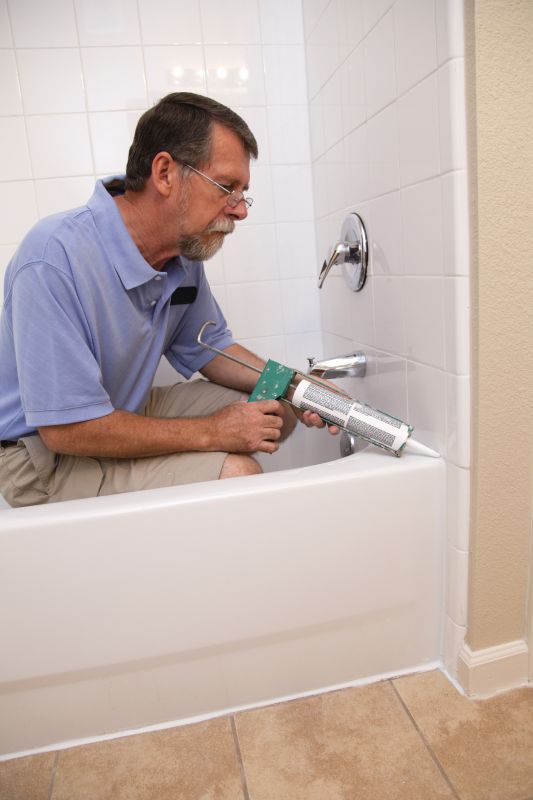
Inspecting the refinished surface for quality and finish.
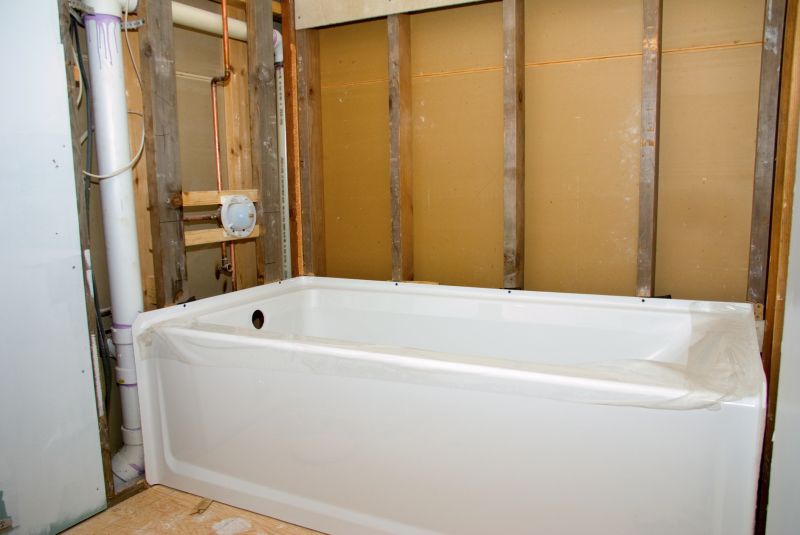
Technician working on a bathtub during the refinishing process.
| Season | Advantages |
|---|---|
| Spring | Moderate temperatures and low humidity enhance curing quality. |
| Summer | Warmer weather speeds up drying and reduces project duration. |
| Fall | Cooler temperatures and lower humidity improve finish durability. |
| Winter | Not typically recommended due to cold and high humidity conditions. |
Choosing the right time for bathtub refinishing depends on local climate conditions and seasonal weather patterns. Proper timing ensures the coating cures correctly, resulting in a durable and attractive finish. Scheduling refinishing projects during favorable weather can minimize the risk of issues such as peeling, cracking, or uneven surfaces. It is advisable to consult with a professional to determine the optimal timing based on specific environmental conditions.
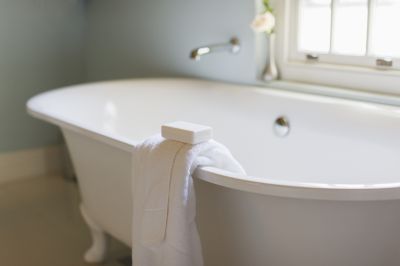
A glossy, smooth surface after refinishing.
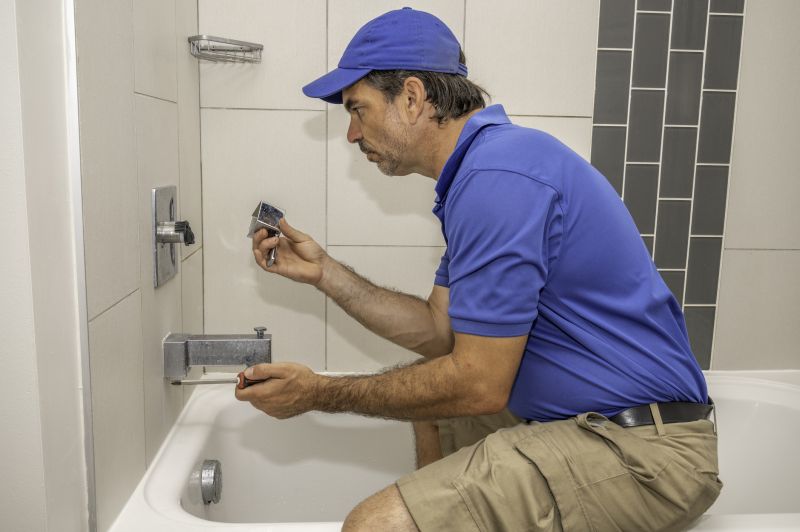
Cleaning and repairing the bathtub prior to refinishing.
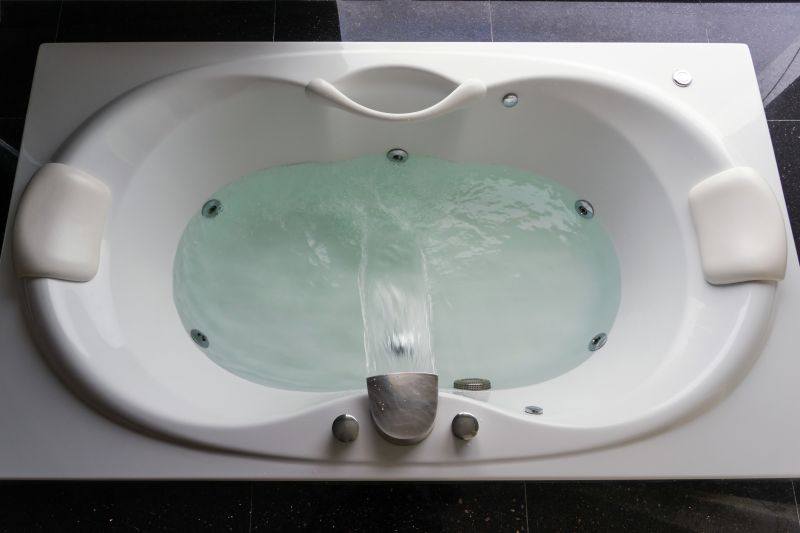
Bathtub curing under controlled conditions.
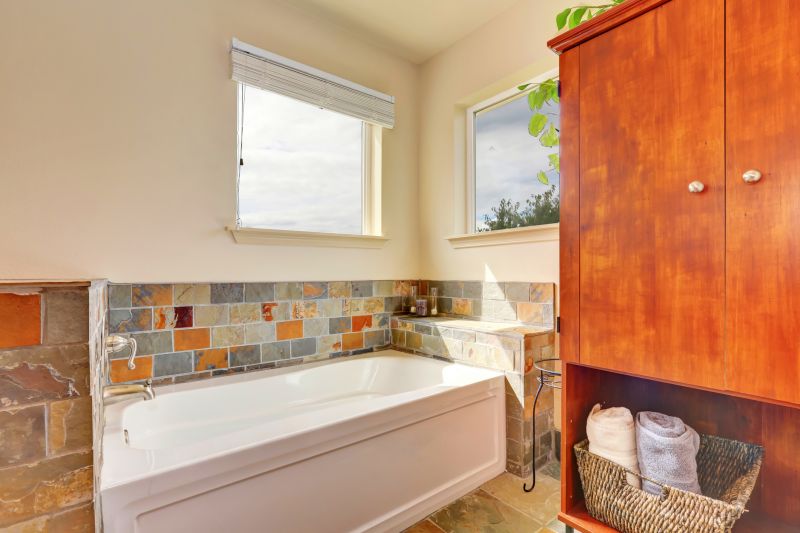
A revitalized bathtub with a fresh appearance.
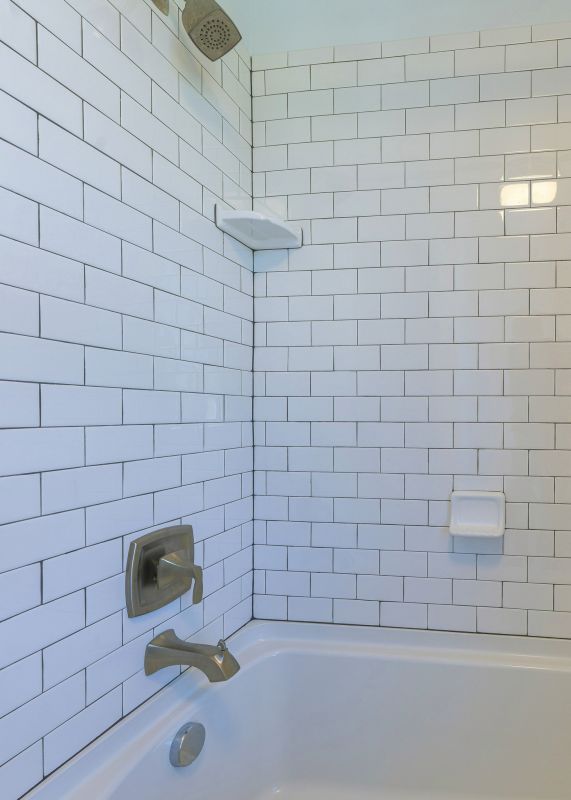
A 60-second routine that keeps Bathtub Refinishings looking new.
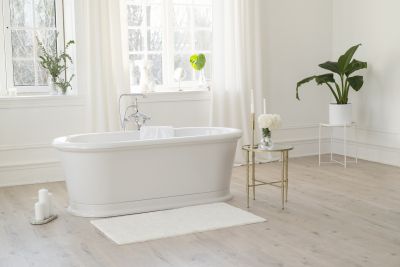
A frequent mistake in Bathtub Refinishings and how to dodge it.
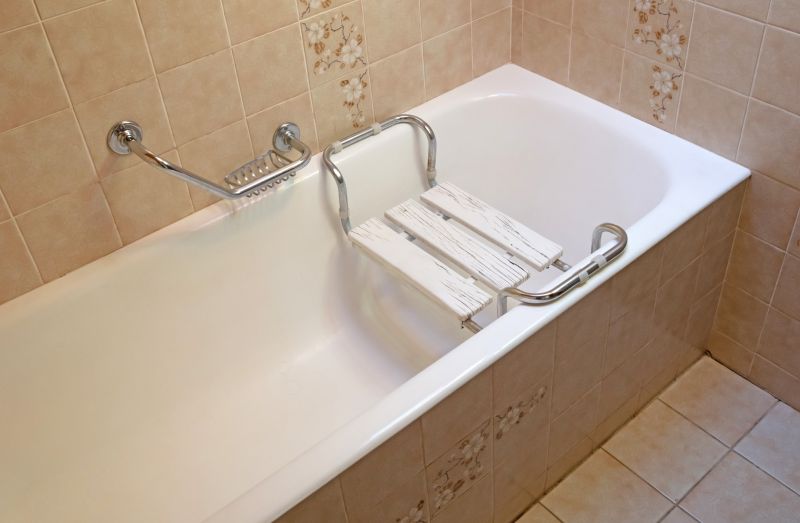
Small tweaks to make Bathtub Refinishings safer and easier to use.

Lower-waste or water-saving choices for Bathtub Refinishings.
Interested in updating a bathroom with bathtub refinishing? Filling out the contact form can provide additional information and help schedule a project at the most suitable time for the desired results.
